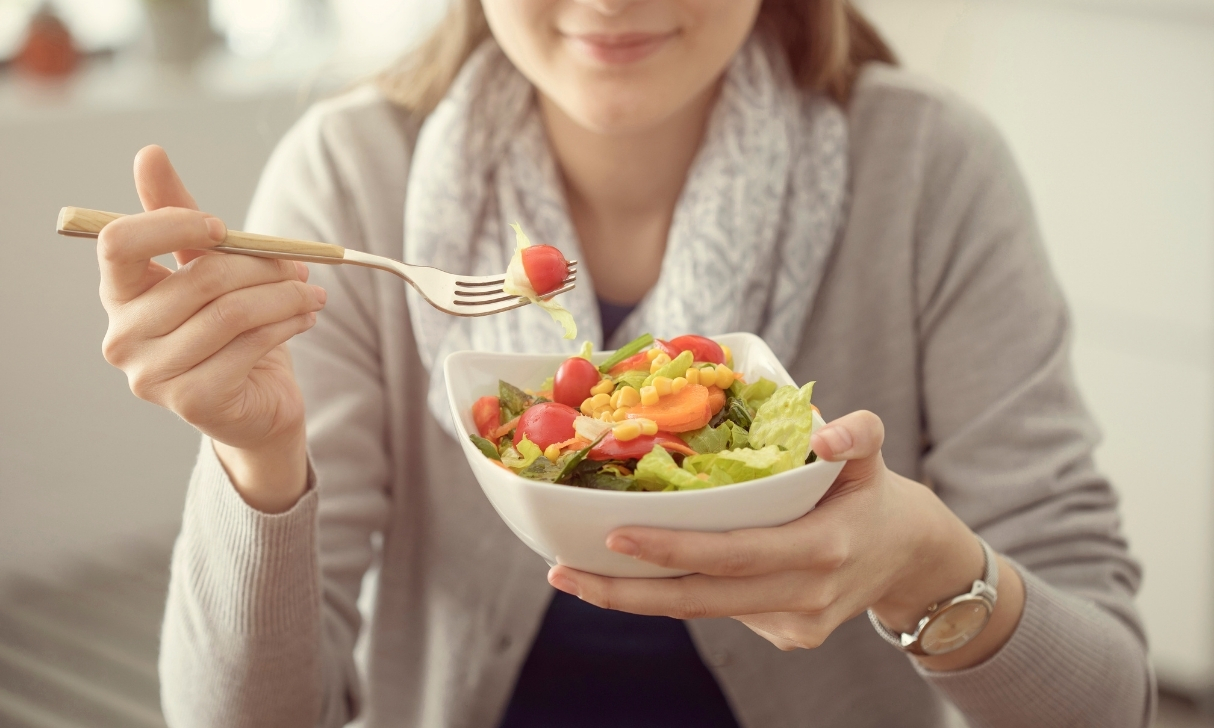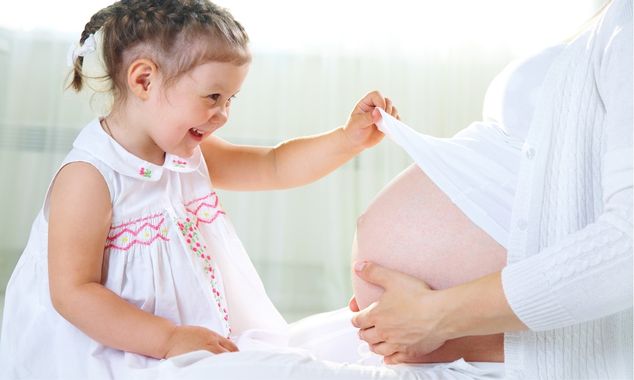Planning for Two Children or more: When Should You Start Trying for Pregnancy?
Wondering when to start trying for two or more children? Learn how age, fertility and spacing affect family planning, with expert-backed UK advice and guidance.

Author: Maria Kolotourou. https://yourgreekdietitian.com/
When it comes to fertility, nutrition plays a vital role in preparing your body for conception. However, with so much conflicting information, exaggerated promises, and supplement promotions targeting fertility, it can be overwhelming to know what truly matters.
At JIVA Fertility, we understand how sensitive this time can be and hence we take evidence-based, personalised approach, prioritising practical and sustainable nutrition strategies. We focus on nourishing your body without unnecessary restrictions or expensive interventions, helping you create the best conditions for conception in a way that feels right for you.
A diet rich in whole foods, healthy fats, quality proteins, and complex carbohydrates helps regulate hormone levels, support ovulation, and improve egg and sperm quality. The Mediterranean diet, which includes plenty of fruits, vegetables, whole grains, and healthy fats, has been linked to improved fertility outcomes.
For women with conditions like polycystic ovary syndrome (PCOS), managing blood sugar levels is key to improving ovulatory function. A low glycaemic index diet, high in fibre and balanced with healthy fats and proteins can help regulate insulin levels, reducing the impact of insulin resistance on fertility. Maintaining stable blood sugar levels is also essential for optimising fertility and overall reproductive health.
Essential fatty acids, such as omega-3, play a vital role in hormone production. Including omega-3-rich foods in your diet can help maintain healthy hormone levels and improve fertility outcomes. Healthy fats also support a balanced inflammatory response, which is critical for reproductive health.
Key micronutrients such as folate, vitamin B12, vitamin D, zinc, iron, iodine, and selenium support reproductive function and may improve conception chances. These nutrients help optimise the environment for egg and sperm health and contribute to improved pregnancy outcomes. We advise you not to take supplements, other than Folic acid and vitamin D, unless advised by a specialist.
Inflammation can be a barrier to conception. Research suggests that an anti-inflammatory diet rich in omega-3 fatty acids, antioxidants, and whole foods may be beneficial. This approach modulates inflammatory responses, creating an optimal environment for egg and sperm health.
A well-functioning gut microbiome supports hormone metabolism and reduces inflammation. Including fermented foods like yogurt, kefir, and sauerkraut, alongside fibre from fruits, vegetables, legumes, and whole grains, can promote a healthy gut environment.
Fertility guidelines often reference body mass index (BMI) as a factor in conception. Research suggests that maintaining a healthy BMI prior to conception may improve fertility outcomes and support a healthier pregnancy.
At JIVA Fertility, we recognise that weight-related recommendations can feel overwhelming, especially for women with PCOS, weight challenges, or a complicated relationship with food. Rather than focusing on restrictive diets or unrealistic weight targets, we prioritise nourishing your body, optimising hormone balance, and reducing stress around food. This holistic approach creates the best conditions for conception while supporting both physical and emotional well-being.
Stress can be a significant barrier when trying to conceive. High stress levels can negatively impact reproductive function and decrease pregnancy chances. Managing stress through mindfulness, healthy eating, and moderate physical activity can create a balanced, less stressful environment during this sensitive time.
There is a lot of information and promotion around fertility supplements. While some supplements may be helpful in specific cases, they are not one-size-fits-all solutions. It is important to consult your healthcare team before investing in fertility supplements.
At JIVA Fertility, we are here to guide and support you through every step of your fertility journey. With our evidence-based approach, we provide personalised nutrition and lifestyle strategies that help optimise fertility in a sustainable way.
Whether you are looking for tailored nutrition guidance or support in overcoming weight and food-related challenges, we are here to help you feel empowered and supported.
Book a Free Discovery Call with Maria Kolotourou, our Dietitian-Nutritionist.

Wondering when to start trying for two or more children? Learn how age, fertility and spacing affect family planning, with expert-backed UK advice and guidance.
%20Can%20Impact%20Fertility%20-%20Thumbnail.jpg)
Understand PID symptoms, causes, and treatment options. Learn how pelvic inflammatory disease affects fertility and where to seek help in the UK.